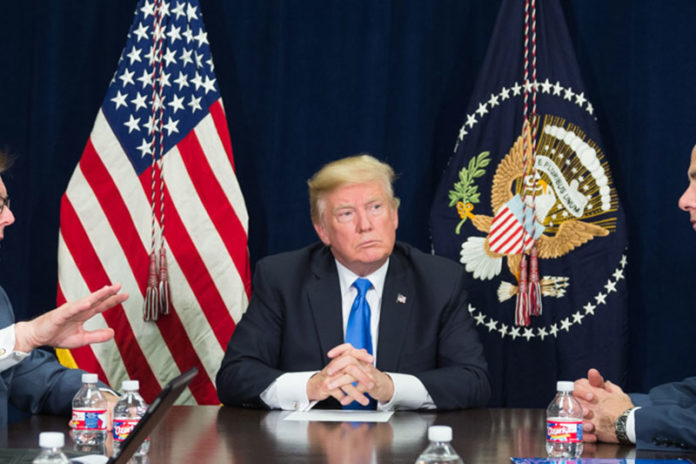On Monday, President Trump blocked what would have been the largest tech deal in history. He called the proposed merger between Qualcomm and Broadcom a direct threat to America’s national security.
President Trump announced his decision shortly after meeting with both Hook Tan, CEO of Broadcom, and officials from the Committee on Foreign Investment in the United States (CFIUS).
Last week, the CFIUS started analyzing the proposed merger, and found serious issues that may hamper the development of next generation wireless technology – 5G – and make the US information grid subject to Chinese spying and sabotage.
Broadcom, on the other hand, argued that these concerns were unfounded. They responded, “Broadcom is reviewing the Order. Broadcom strongly disagrees that its proposed acquisition of Qualcomm raises any national security concerns.”
In an aggressive attempt to save the deal, Broadcom announced a massive 1.5 billion innovation fund and even promised that no asset would be sold to any foreign parties.
However, President Trump claimed that he was presented with “credible evidence” by CFIUS that the merger could seriously threaten U.S. security.
The CFIUS argues that, “While the United States remains dominant in the standards-setting space currently, China would likely compete robustly to fill any void left by Qualcomm as a result of this hostile takeover”
The letter continued, explaining that, “given well-known U.S. national security concerns about Huawei and other Chinese telecommunications companies, a shift to Chinese dominance in 5G would have substantial negative national security consequences for the United States.”




























